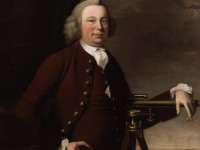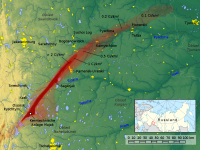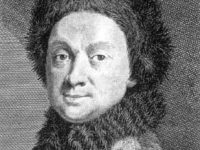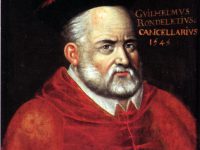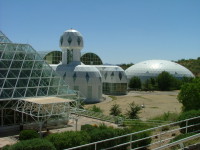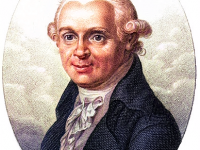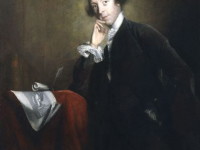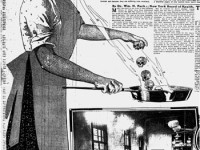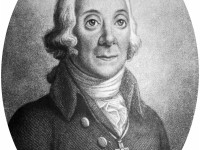The Waterways of James Brindley
On September 30, 1772, English engineer and pioneer canal builder James Brindley probably passed away. One of the most notable engineers of the 18th century, he is best known for the construction of the first English canal of major economic importance. James Brindley – Early Years James Brindley, was born in 1716 in Tunstead, Derbyshire, the son of a wealthy farming and artisan family. He grew up in the then undeveloped region of…
Read more

